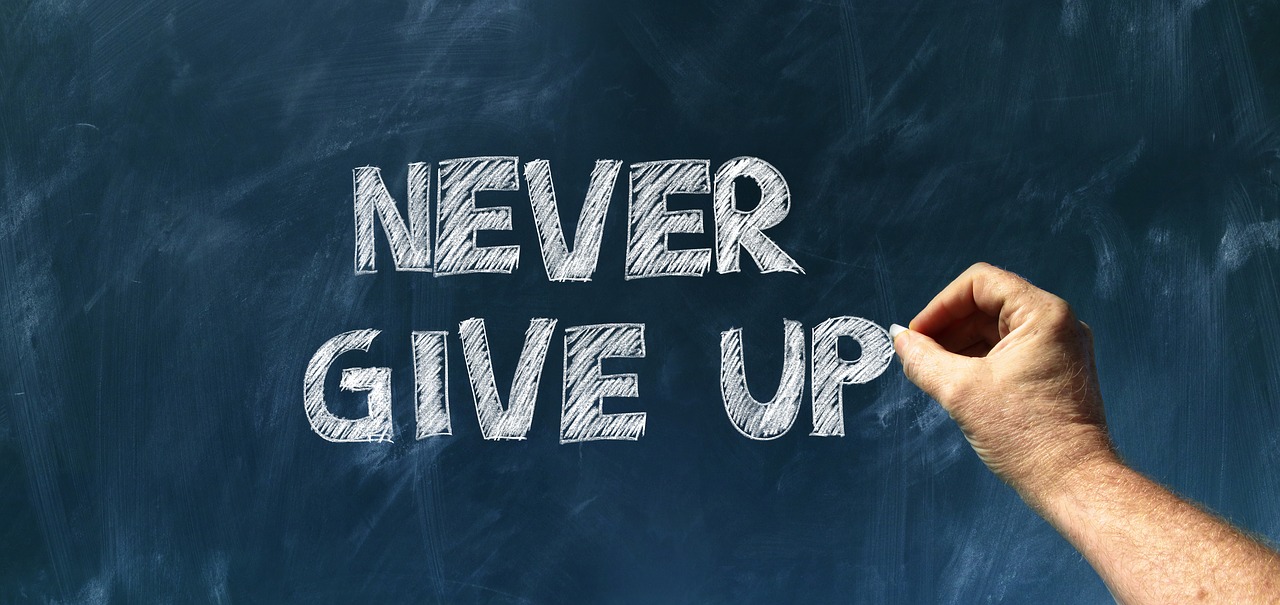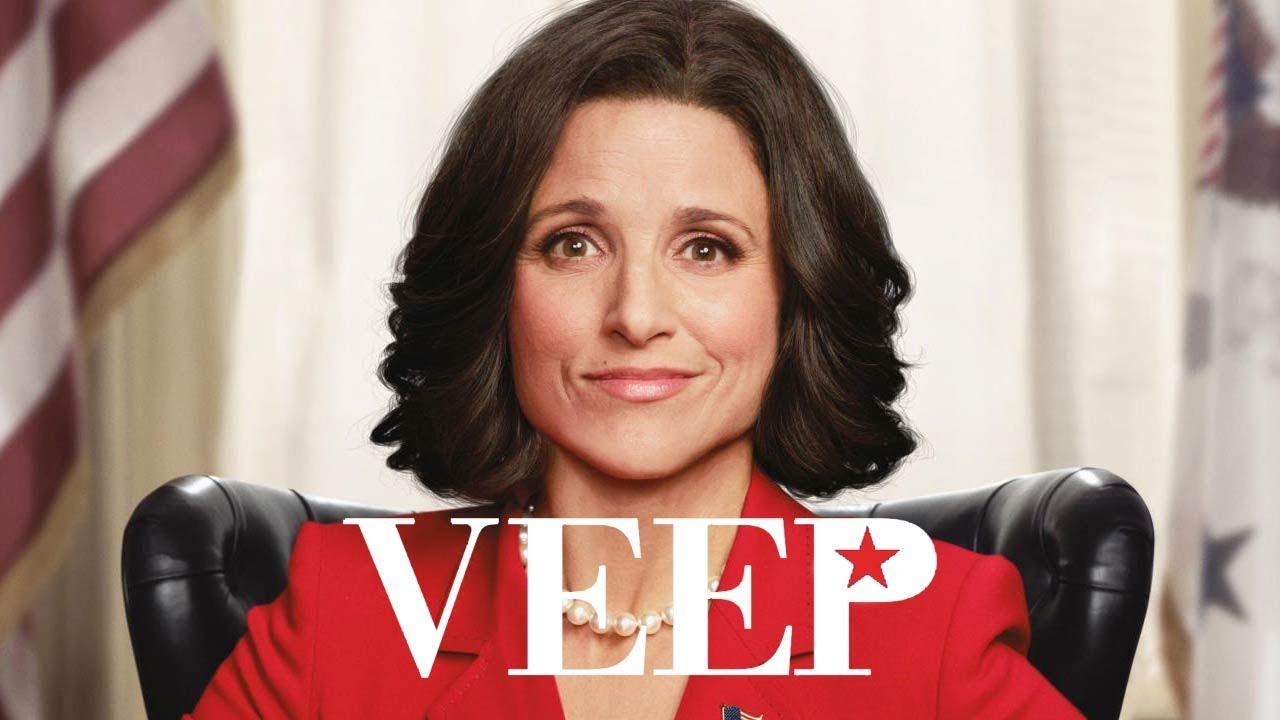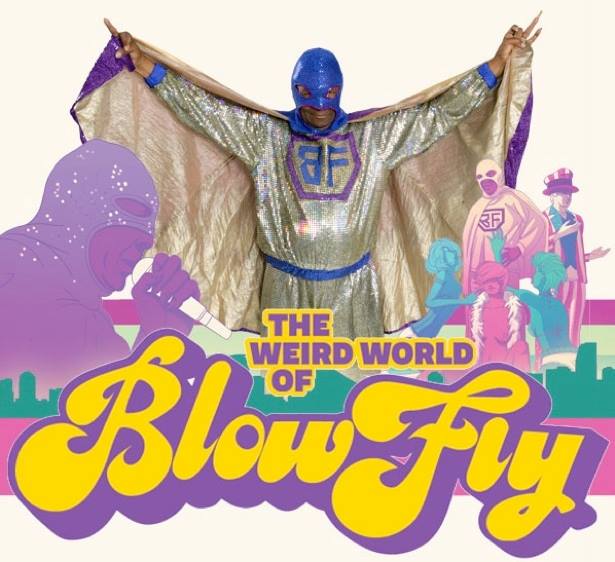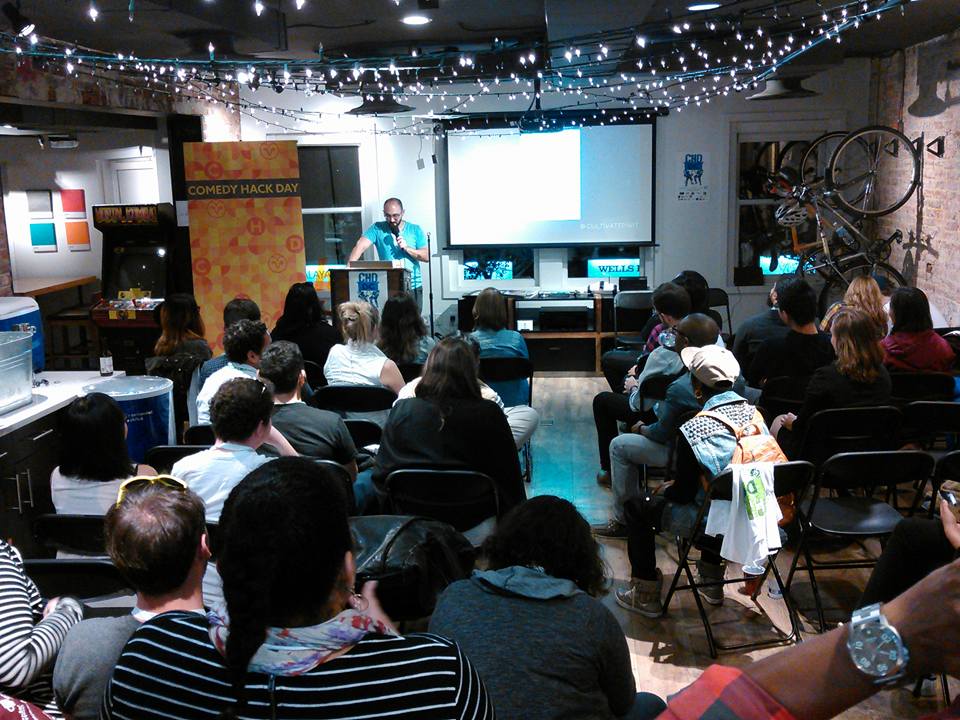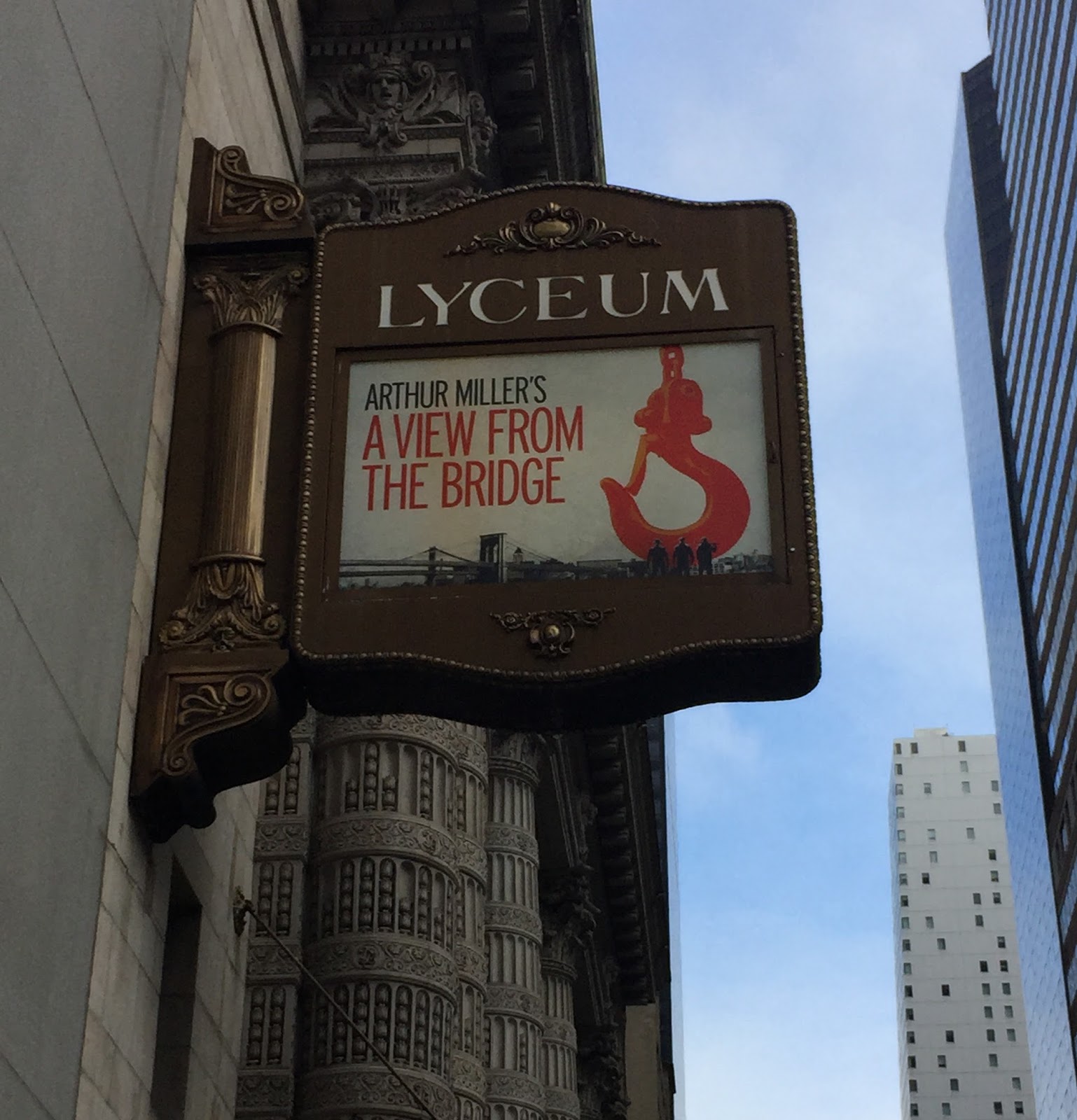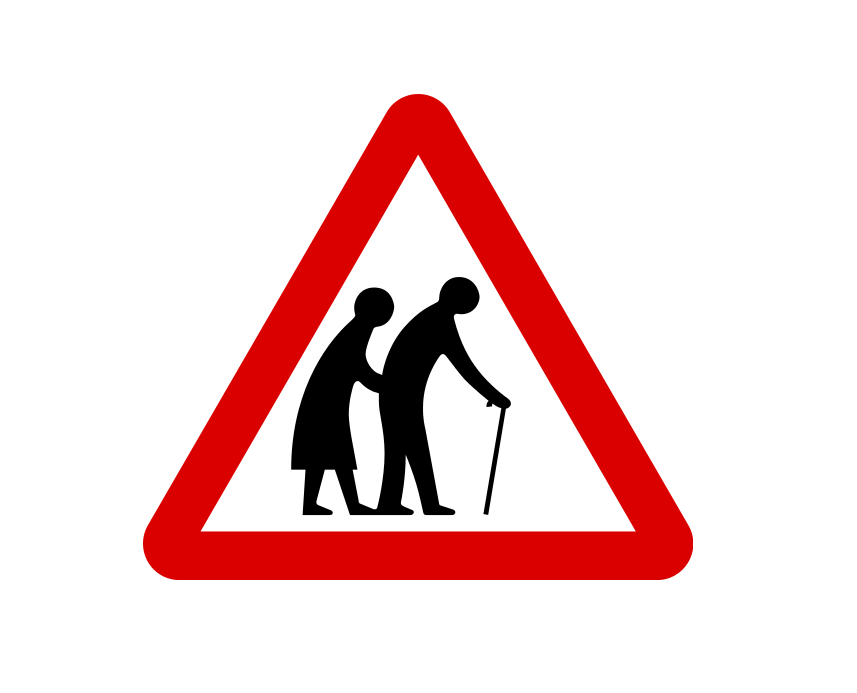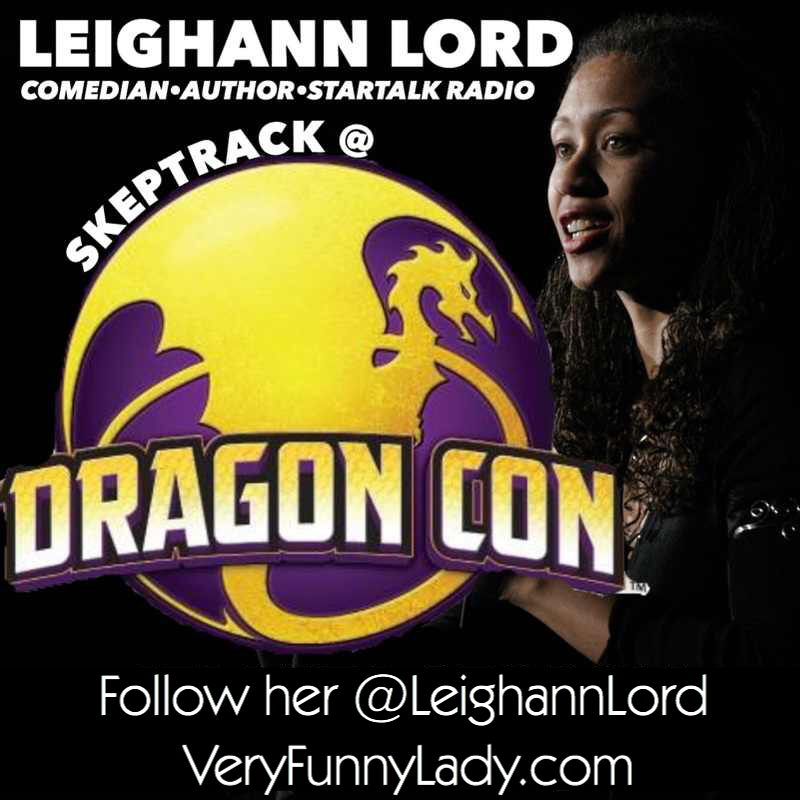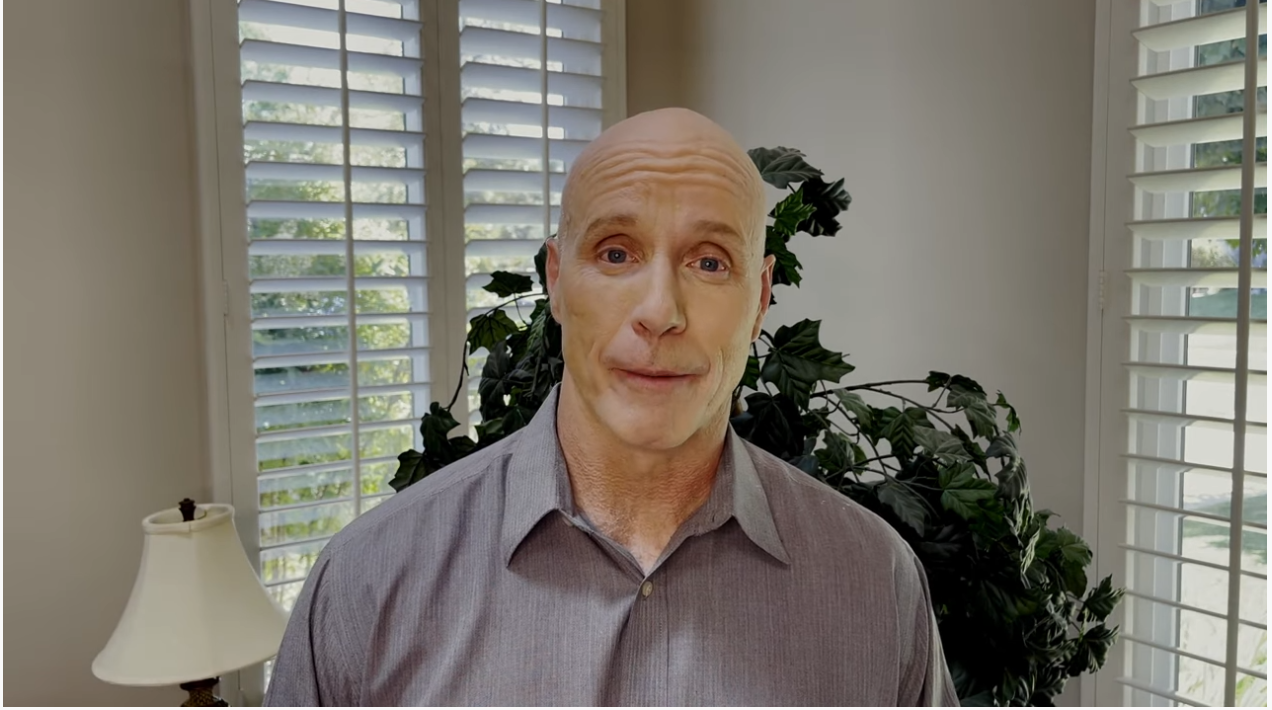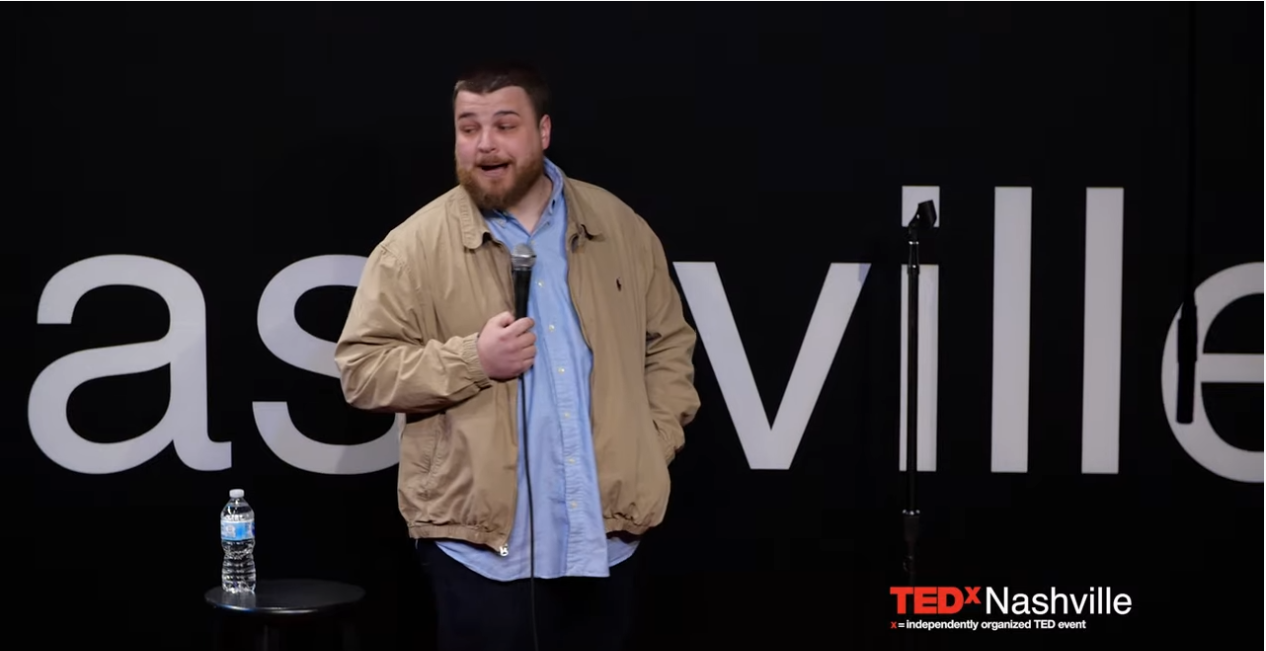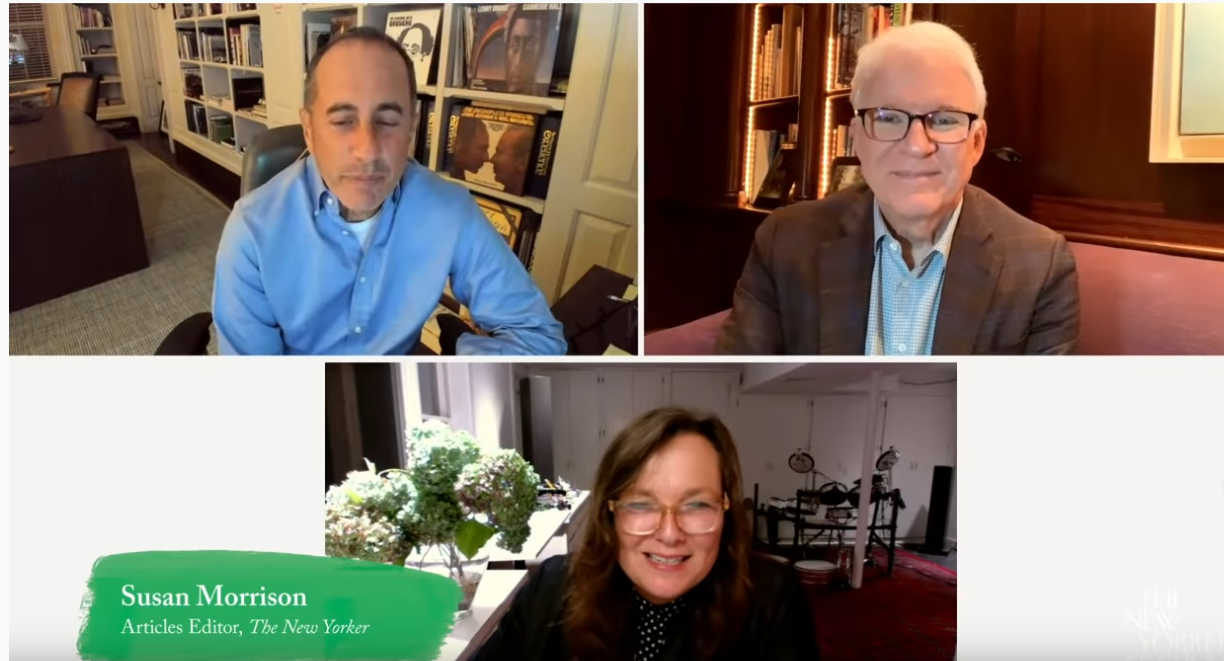 The Spit Take celebrates its first anniversary this month after publishing over 150 comedy reviews last year on comedians such as Lewis Black, Jimmy Fallon, Patton Oswalt, Colin Quinn, Lisa Lampanelli, Bob Saget, Maria Bamford, Kevin Hart, Doug Stanhope, Jim Gaffigan, John Mulaney, Patrice O’Neal, Jim Norton, Tig Notaro, Ralphie May, Amy Schumer, Lizz Winstead, Mike Birbiglia, Robert Kelly and Hannibal Buress.
The Spit Take celebrates its first anniversary this month after publishing over 150 comedy reviews last year on comedians such as Lewis Black, Jimmy Fallon, Patton Oswalt, Colin Quinn, Lisa Lampanelli, Bob Saget, Maria Bamford, Kevin Hart, Doug Stanhope, Jim Gaffigan, John Mulaney, Patrice O’Neal, Jim Norton, Tig Notaro, Ralphie May, Amy Schumer, Lizz Winstead, Mike Birbiglia, Robert Kelly and Hannibal Buress.
In conjunction with the anniversary, The Spit Take, a division of BrownPaperTickets.com, has released its first annual book, 2012 Best of The Spit Take, a compilation of some of the site’s best reviews written by journalists including Nick Zaino III, Daniel Berkowitz, Steve Heisler, Josh Bell and John Wenzel.
We caught up with The Spit Take’s editorial director, Julie Seabaugh to discuss the site’s efforts to raise the public’s perception of stand-up comedy as an art form, and its new book.
What inspired you to create The Spit Take?
Dave Attell holds the (dubious?) honor of getting me into comedy in the first place, back when I was a new A&E journalist freelancing and staffing at dozens of outlets across the country. Jerry Seinfeld’s Comedian inspired me to publish Two Drink Minimum magazine back from 2003-2005, and then around 2008 I started working with comedians in PR, booking, management and production capacities. Currently, in my role as Comedy Doer for the Seattle-based, community-minded Brown Paper Tickets, my grand, overall mission is to help elevate the public perception of stand-up comedy to that of an art form.
There’s a quote from Mitch Hedberg (my no-contest, all-time favorite, by the way), I heard on a bootleg that sums it up remarkably well, so much so that it’s included at the beginning of the book: “If you’re in a band and you’re just starting out, you’ll get a fucking article in Rolling Stone, fer Chrissake. Everyone loves music and bands, but comedy, we don’t get no respect, man. No one writes about comedy; no one gives a fuck about it. And I think there’s some great comedians out there, you know? I think it’s fucking sad we’re overlooked. Like, as a musician, you can look up to U2 or someone cool, but as a fucking comedian, my U2 is Don Rickles. It just don’t have the same fucking effect on people.”
How do you define “professional comedy criticism” and in what ways can it help the comedy community?
I guess there a few different criteria, some of which are honesty, a lack of bias, the ability to provide context, a deep understanding of the comedy industry and insight into the comic mentality, and the avoidance of potential conflicts of interest, which is why we don’t allow comedians to contribute. Our writers all possess formal training and contribute to a huge range of publications – they’re paid writing professionals.
The site’s overriding goal is to help elevate the public perception of stand-up comedy to that of a legitimate art form alongside music, film, theater, literature, visual arts, etc. There are even huge markets for food and even video-game criticism. Consumers appreciate and reward the highest-caliber practitioners in all these fields, yet for the most part, live comedy is still some interchangeable, superficial sideshow.
The Doug Stanhope joke I’ll poorly paraphrase is that you don’t just go see “some music” or “some movie.” You know exactly what’s playing or at least a genre. So how does it make sense to go see “some comedy?” When comedy is conceded the notion of artistry it deserves, audiences can discover, actively follow and consume the output of the individuals who resonate uniquely with them. There is in fact great comedy, average comedy, and awful comedy out there. Life is too short for the latter. If you don’t have a meaningful effect on an audience, concede the stage to someone who does.
What are the criteria for selecting reviews? Can comedians submit a request to have their material reviewed?
We stay on top of current releases, typically preferring to post reviews prior to or the day of release, or, in the case of a live show over the weekend, Monday at the latest. Comedians are most definitely welcome to request reviews, but they should try to allow as much lead time as possible. We’ll get pitches for releases that have already been out for weeks or even months, and those unfortunately have to be turned down, though I’ll encourage the comedians to keep us in the loop with any future releases.
What is some of the feedback that you have received about the site? How do you handle the feedback from comedians who received unfavorable reviews?
I can’t really recall ever receiving negative feedback about the site itself; typically it’s nice surprises like when Sara Benincasa recently tweeted “If you are a comedy nerd or even just a normal human fan, you should follow @SpitTakeComedy. I’m learning a lot from these humans.” As far as the reviews go, no legitimate responses are ever deleted from our Comments (see our review of Chris Hardwick’s Mandroid for proof). Reviewers are alerted to any Comment or email feedback they receive, and most of the time there will be a few illuminating replies back and forth. Since we’re honest with our opinions, there’s no reason comedians shouldn’t be able to be honest right back. Few things make me happier than intelligent, thoughtful arguments over comedic artistry.
What advice do you have for comedians about dealing with a negative review?
In the U.K. a negative review just might have a legitimate adverse effect on career prospects. Stateside, for the time being anyway, a negative review means very little, while a positive review might serve as a nice website quote at best. The best way to look at it might be from the angle of knowing at least your output is being taken seriously enough to give it a thoughtful, unbiased appraisal. Does it ever serve anyone well in the long run to be yes-manned constantly? Certainly not, and comedians are no exception. It does the industry as a whole no favors for someone only tangentially interested to comedy to venture out and see a mediocre (or worse) show that has been praised all out of proportion. How likely will they be to believe the hype the next time around, even if it’s someone truly deserving of it.
Then again, it’s only someone’s opinion. You’re talking to someone whose all-time favorite TV show is Golden Girls. I mean, the genius of Bea Arthur is downright incontrovertible, but still.
Tell us about the new book, 2012 Best of The Spit Take: A Compilation of Professional Comedy Criticism. How did you decide which reviews would be included? What was most challenging about editing the book?
The book is being released this Tuesday, February 19 by Paradisiac Publishing and contains the 50 “best” reviews of just over 150 that ran last year. From that 150-plus, some simply jumped out for having stronger theses or quality of writing. Reviewers were asked to weigh in with opinions on their own contributions. We tried to mix it up as far as Categories (Album, DVD, Special, Film, Live, Book, etc.), race, and gender go. Then when the tough calls had to be made near the end, the edge went to the review featuring the bigger name. Just like in real life, I guess. The biggest challenge was honestly just getting it done in time for this month’s one-year anniversary of the site. It took from the end of November to just a few weeks ago to get it over the finish line, and doing so turned out much more complicated that it originally seemed. Again, like real life.
What are some of your favorite reviews?
That’s an extremely tough call. My official Top 10 list would probably change daily, but at this particular moment in time Daniel Berkowitz on Brian Regan (“The bold and the brave comedians do not mask their flaws; they embrace them. They talk about them. They work through them.”), Nick Zaino on Tig Notaro’s Live (“This is why human beings developed comedy in the first place.”) and Elise Czajkowski on Robert Kelly Live (He ended up having her on his YKWD podcast, where she in effect blew his mind.) would be among a few of the many, many highlights. And any reviews of books. I’ll take a harrowing, hilarious comedic memoir over a network sitcom any day.
What would like to accomplish next with The Spit Take?
More live coverage would be near the top of the Wish List, particularly festivals. Reviewing international releases has been discussed, and a podcast or video channel isn’t outside the realm of possibility. Short term, there’s a design update in the works, a content expansion to include a few new formats (essays, lists, etc.), and just constantly remaining on the lookout for those uniquely talented comedians to entertain, enthrall and inspire the rest of us.
Visit The Spit Take at www.thespittake.com and follow it on Twitter at @SpitTakeComedy.
Best of The Spit Take Book Release Reading/Comedy Show
A release reading and show for 2012 Best of The Spit Take: A Compilation of Comedy Criticism will be held Thursday, February 21, 6:30pm at The Stand NYC. Stage Time is giving away three pairs of comped tickets to the event, which includes readings from Spit Take contributors Steve Heisler, Elise Czajkowski and Michael Tedder, and stand-up performances by comic/authors James Parksinson (Half Dollar Rebel: Annals of Hard-Boiled Determination and Dogged Misanthropy), Dan Wilbur (How Not to Read: Harnessing the Power of a Literature-Free Life) and Mindy Raf (April’s The Symptoms of My Insanity.)


